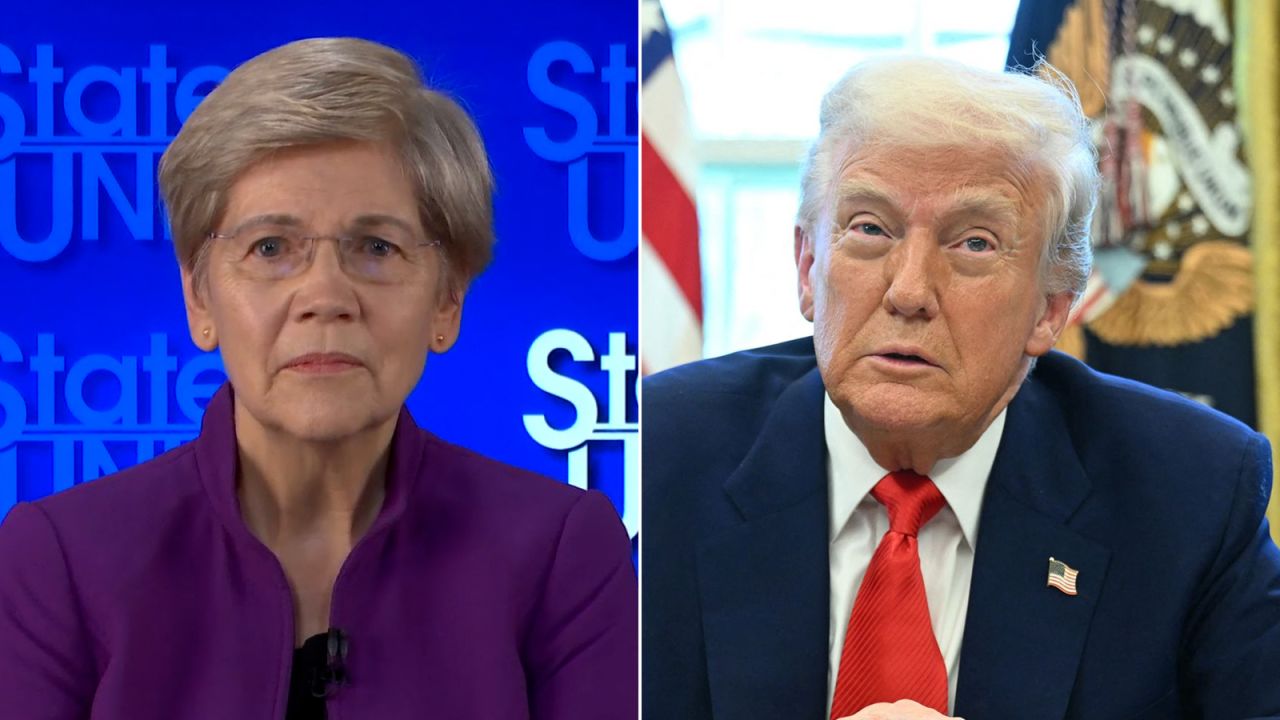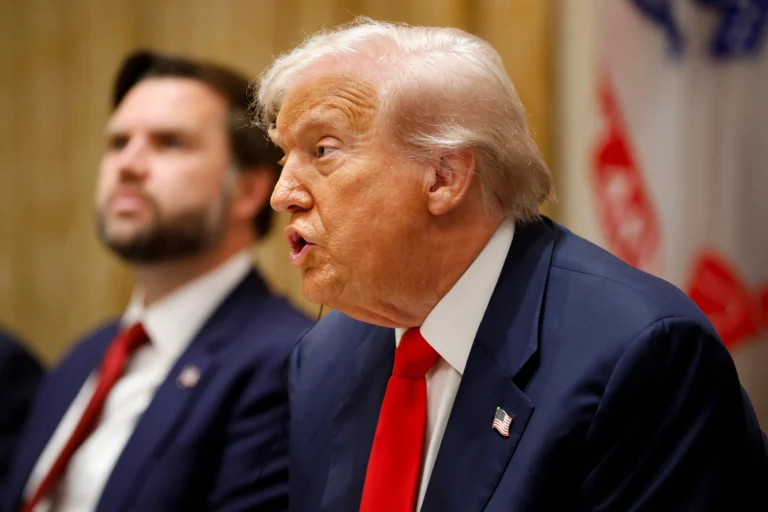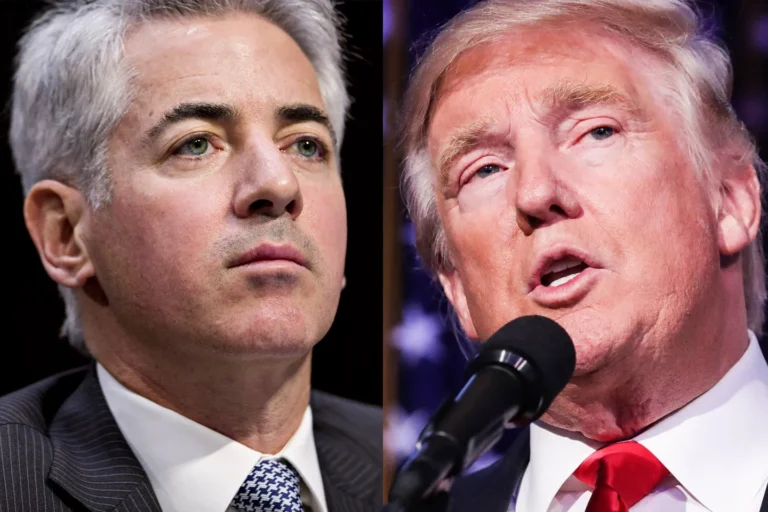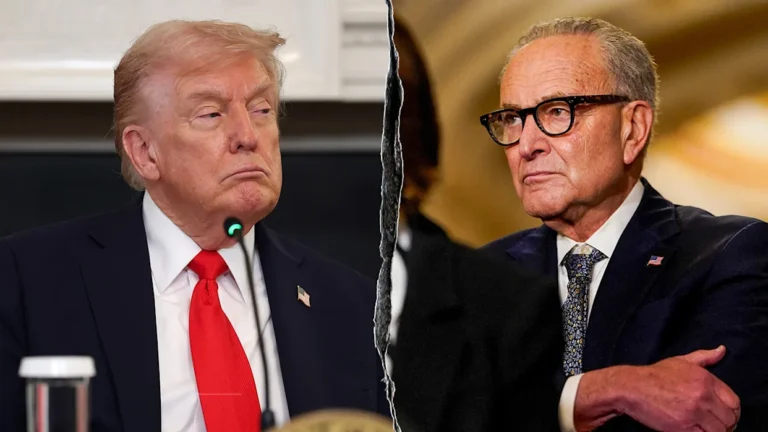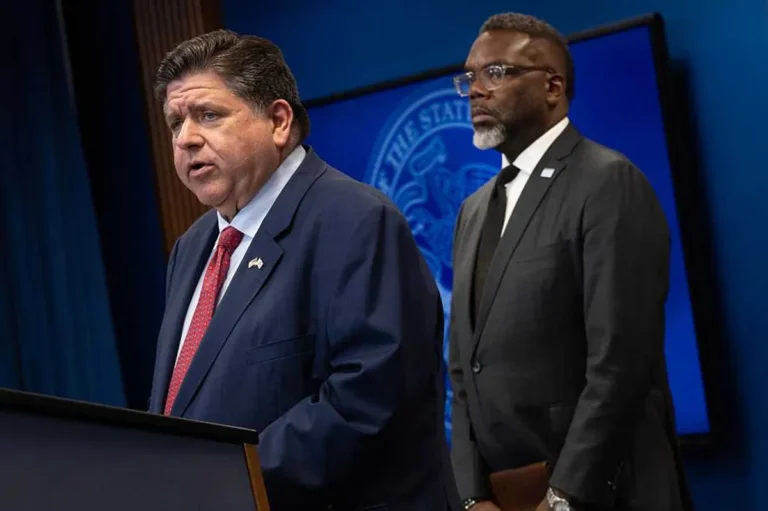Warren Ignores Trump’s Role in Ceasefire and Hostage Release
In the aftermath of the Israel–Hamas ceasefire, Senator Elizabeth Warren has been criticized for failing to acknowledge former President Donald Trump’s significant role in facilitating hostage releases and shaping the diplomatic landscape.
While Warren expressed sympathy for families and claimed long-standing advocacy for the hostages, she made no mention of Trump’s administration, which laid the groundwork for the agreement.
Commentator Megyn Kelly rebuked her omission, calling it a deliberate attempt to deny Trump credit. Analysts argue Trump’s policies—his recognition of Jerusalem, support for Israel, and Middle East peace efforts—created the environment enabling the ceasefire.
Critics say Warren’s omission reflects partisan rewriting of history and damages political honesty. The backlash underscores frustration with leaders prioritizing narrative over truth, further eroding public trust.
The article concludes that bipartisan recognition of achievements, even from rivals, is essential for credibility and integrity in politics.
The clear implication in Kelly’s comment is that Warren’s omission is not just a matter of selective memory but an intentional attempt to distance herself from any acknowledgment of Trump’s involvement, despite the fact that his administration’s actions have been central to the unfolding events.
Warren’s failure to recognize Trump’s role in the ceasefire and hostage release raises important questions about political honesty and accountability. The public, it seems, is increasingly aware of the complex, multi-faceted nature of international negotiations and diplomatic efforts.This growing awareness has led to a widening disconnect between political figures who try to rewrite the narrative to suit their own agendas and the broader public, who can clearly see the reality of the situation.
The result is a heightened sense of frustration with those who try to downplay or ignore the contributions of key players, particularly when those contributions have had tangible, positive outcomes.
The debate over credit for the ceasefire and hostage release touches on a larger issue of political posturing. Warren’s statement serves as a reminder that simply calling for action is not the same as achieving results.
While she may have publicly advocated for the return of hostages, it is Trump’s administration that played a pivotal role in creating the conditions for the ceasefire to take place.His unwavering support for Israel, his diplomatic efforts, and his administration’s strategic positioning in the Middle East have, according to many analysts, created the framework within which these positive developments could occur.
Yet, Warren’s narrative seems to downplay or disregard these contributions, instead presenting herself as the figure who has been consistently calling for action, without acknowledging that others—particularly Trump—were able to achieve the tangible results she claims to support.
The public reaction to Warren’s comments underscores a broader sentiment about political transparency and honesty. In today’s polarized political climate, Americans are increasingly attuned to the motivations behind political statements and the way that narratives are shaped to fit particular agendas.
When figures like Warren attempt to rewrite history and downplay the involvement of political opponents in significant events, it does not go unnoticed.
Instead, it contributes to a growing sense of distrust between the public and the political elite, who are seen as more interested in maintaining power and protecting their own interests than in giving credit where it is due.
Moreover, the lack of acknowledgment of Trump’s role in this situation also reflects deeper ideological divides within the Democratic Party. As the party increasingly shifts to the left, some of its most prominent figures, including Warren, seem more inclined to reject or downplay the achievements of those who do not align with their views, even when those achievements have tangible, positive consequences.
This ideological rigidity, critics argue, undermines the potential for meaningful bipartisan cooperation and the ability to recognize the complexity of political issues.
In addition to this, Warren’s comments are particularly striking given the broader context of Israel’s security and the dynamics of the region. The release of hostages and the ceasefire were not the result of one individual or one government’s efforts alone.
Israel’s leadership, particularly Prime Minister Benjamin Netanyahu and the Israeli Defense Forces, played an essential role in shaping the outcome of this crisis.
However, Trump’s unwavering support for Israel during his presidency—most notably his decision to recognize Jerusalem as the capital of Israel and his administration’s efforts to foster peace deals in the region—set the stage for these diplomatic breakthroughs.

This acknowledgment of Trump’s role is not just a matter of political rivalry but also a matter of political honesty. By failing to acknowledge the role that Trump played in the process, Warren is distancing herself from the reality of how international negotiations often work: they are complex, multi-layered, and involve multiple parties working toward a common goal.
Trump’s actions, whether one agrees with them or not, were central to the framework that made the ceasefire and hostage release possible. His support for Israel and his policies in the Middle East laid the groundwork for the negotiations that ultimately resulted in this positive outcome.
The political fallout from Warren’s comments has been swift. Many commentators and members of the public have criticized her for attempting to rewrite the narrative to fit her political agenda.
They argue that by refusing to acknowledge Trump’s involvement, Warren is not only being disingenuous but also undermining the complex realities of international diplomacy.
The backlash reflects a broader frustration with political figures who, for the sake of partisanship, refuse to give credit where it is due, even when the facts clearly support the other side.
The consequences of this failure to acknowledge the contributions of others are far-reaching. It contributes to a growing sense of division and distrust within the political system, where narratives are shaped not by truth but by convenience and ideological alignment.
For many Americans, the ability to recognize and appreciate the achievements of political opponents is seen as a sign of maturity and integrity. When political leaders, on either side of the aisle, refuse to do so, it only fuels the perception that the political system is more concerned with scoring points than with achieving meaningful progress.
The larger implications of this situation also touch on the issue of political accountability. While Warren’s statement may have resonated with her base, it does not resonate with a broader audience that is becoming increasingly tired of partisan rhetoric.
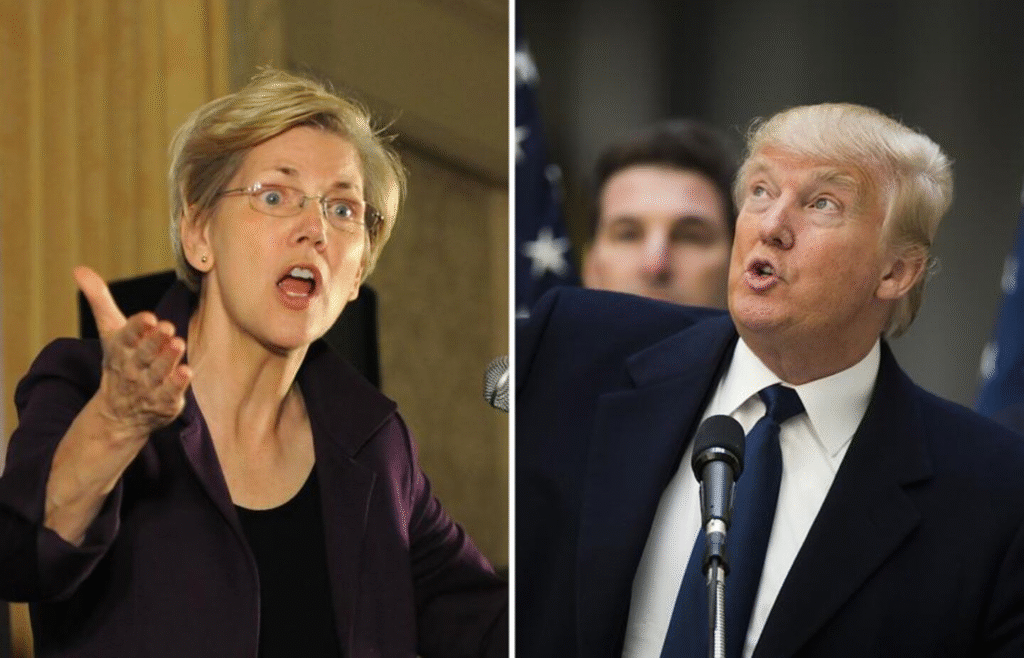
The public wants leaders who are willing to recognize the complexity of political issues, who are willing to acknowledge the contributions of those with whom they disagree, and who are willing to prioritize the greater good over partisan victories.
In the end, Warren’s attempt to rewrite the narrative around the ceasefire and hostage release is a reflection of a broader issue in modern politics: the refusal to acknowledge the contributions of political opponents.
Whether it’s Trump’s role in the Middle East or other significant diplomatic breakthroughs, political figures must be willing to give credit where it is due, regardless of their personal or party loyalties.
Until that happens, the public will continue to grow disillusioned with a system that seems more focused on political gamesmanship than on achieving real, positive results for the American people.
As the dust settles from this latest controversy, it remains to be seen whether Warren and others will reconsider their stance or continue to promote a narrative that fails to account for the complexities of international diplomacy and political collaboration.
The truth, as always, is often more nuanced than political narratives allow, and it’s becoming increasingly clear that the public is ready for a more honest, transparent approach to the issues that matter most.
